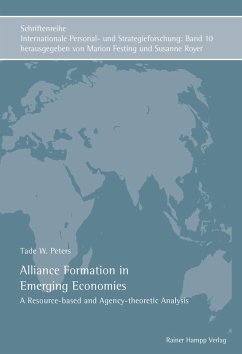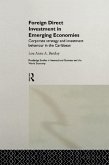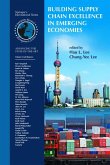Forming alliances is a key strategy for firms entering emerging economies. Business opportunities for market entrants are promising and challenging at the same time. Promising because the rapid economic growth provides opportunities to tap new market potentials and challenging because emerging economies display dynamic and complex host environments for inter-firm cooperation. Prospected benefits of alliance strategies are often not realized or insufficient. High failure rates or weak performance are indicators for the inherent complexity that the formation and operation of international alliances entails. This book introduces a resource-based and agency-theoretic perspective on alliance formation analyzing factors that influence the potential to realize competitive advantages through inter-firm cooperation. It presents a framework that integrates (inter)organizational and strategy research in order to investigate determinants of the alliance formation process of partner selection and alliance configuration in the distinct setting of emerging economies. The proposed framework is matched with empirical findings on the basis of a case study on alliances between small and medium-sized firms from industrialized countries and firms from China.
Dieser Download kann aus rechtlichen Gründen nur mit Rechnungsadresse in A, B, BG, CY, CZ, D, DK, EW, E, FIN, F, GR, HR, H, IRL, I, LT, L, LR, M, NL, PL, P, R, S, SLO, SK ausgeliefert werden.









